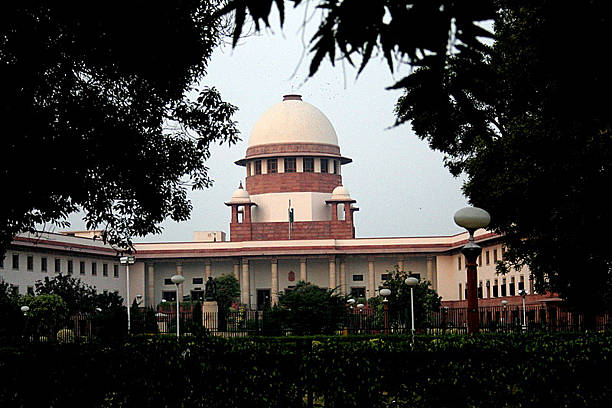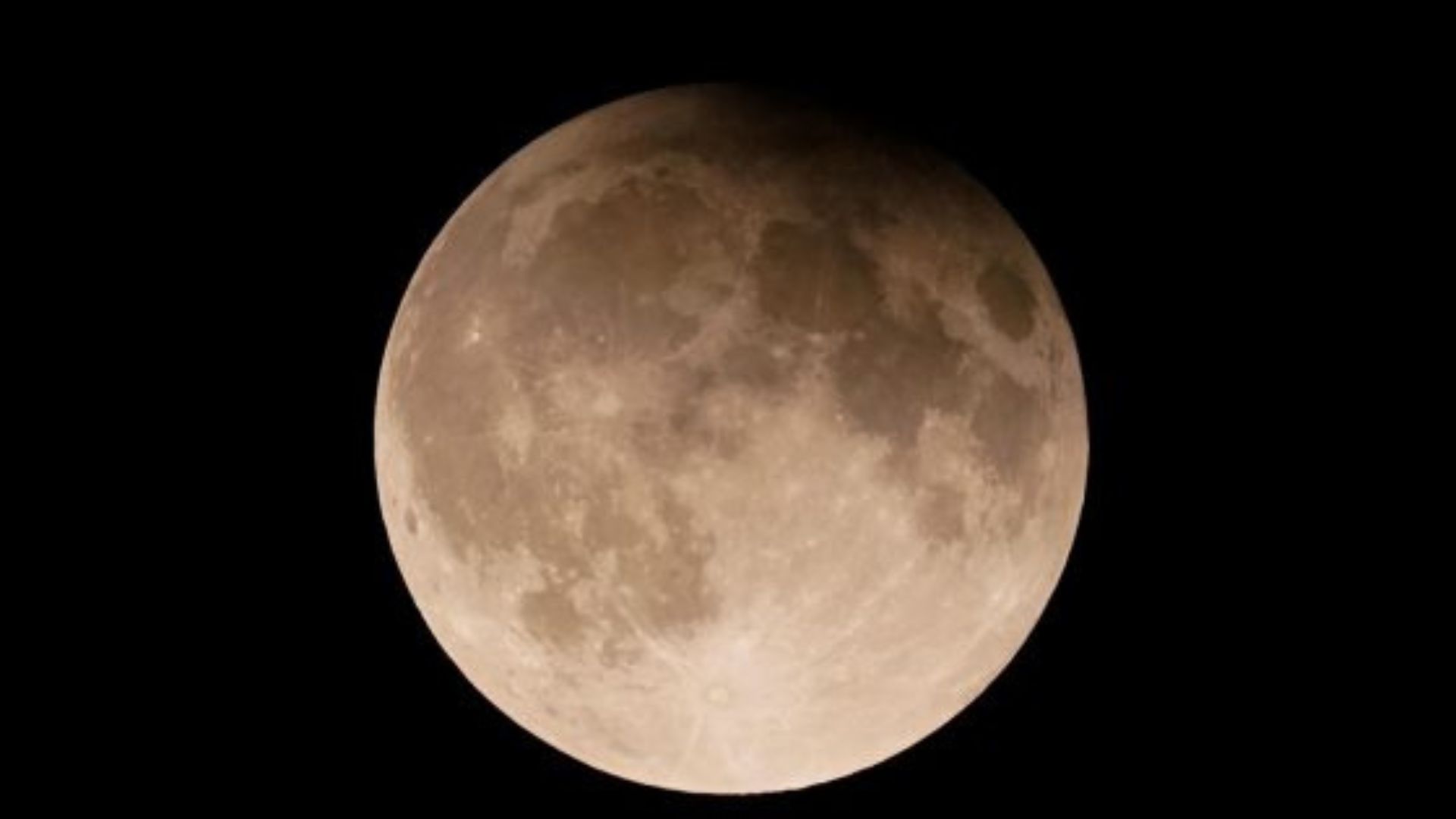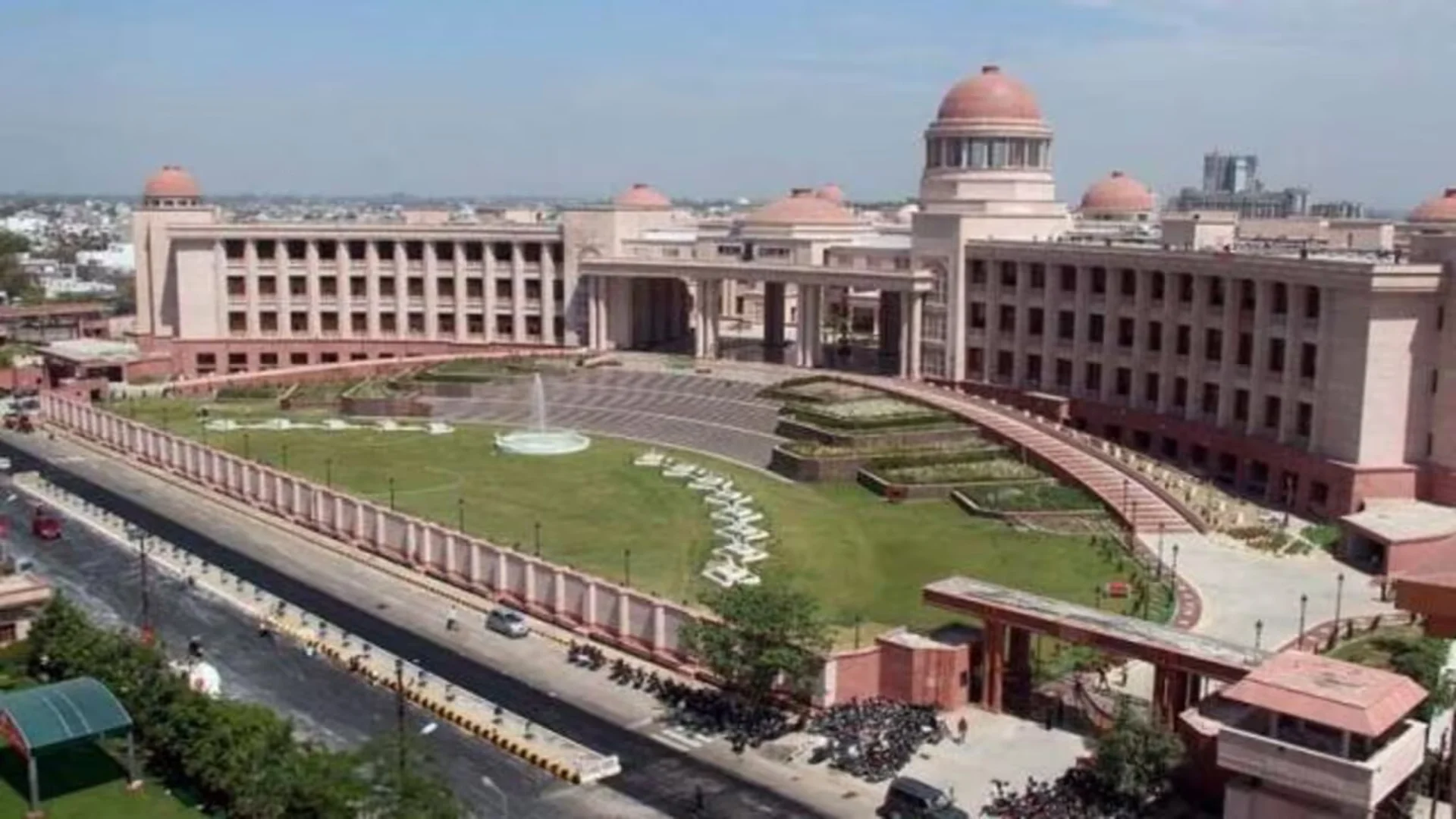
The Supreme Court in the case Sharanabasappa vs Nagendra, the bench comprising of Justice Sanjay Kishan Kaul while considering a civil appeal observed and has noted that the reference on the issue of illegitimate children’s right in father’s ancestral property in the case of Revanasiddappa vs. Mallikarjun, 2011, is still pending for consideration of larger bench.
The bench headed by Justice Abhay S. Oka stated that there are now different Benches constituted for hearing the reference matters, it may be advisable to put a quietus to the issue so that the matters which is pending in this Court or in the High Courts can be dealt with.
It has been directed by the bench to the registry for placing the matter before the Chief Justice of India, the bench while opining that reference is required to be listed at an early date.
It was observed that Senior Advocate Basava Prabhu Patil, appearing for the party in the civil appeal, had brought to the notice of the bench that the matter is pending for 11 years and the same is having an impact on many matters.
The Reference made in ‘Revanasiddappa’
The court observed that the Section 16 of the Hindu Marriage Act, 1955, provides that any child of a marriage which is null and void under section 11, who would have been legitimate if the marriage had been valid and shall be legitimate. It has also been provided under Section 16(3) that the same shall not be construed as conferring upon any child of a marriage which is null and void or which is annulled by a decree of nullity under section 12, any rights in or to the property of any person who is other than parents, in any case where, but for the passing of this Act, such child are being incapable of possessing or acquiring any such rights by reason of his not being the legitimate child of his parents.
The Apex Court in the case Bharatha Matha & another Vs. R. Vijaya Renganathan & others and in the case Jinia Keotin Vs. Kumar Sitaram observed and has taken a view that the children born out of the void marriage were not entitled to claim inheritance of the ancestral coparcenary property and were entitled to claim a share only in the self-acquired property which is of their father.
It was observed that two judges bench opined in the case Revanasiddappa (supra), that such children will have a right to whatever becomes the property of their parents whether self-acquired or ancestral. The court while differing with the view taken by coordinate benches in above mentioned case, the present matter was referred to three judge’s bench.
Accordingly, the court considering a SLP that raised this issue in March 2020, the bench headed by Justice Sanjay Kishan Kaul and Justice KM Joseph observed and has called upon the Registrar for looking into this issue so that the papers can be placed before the Chief Justice of India for reference of the case to a larger Bench.















